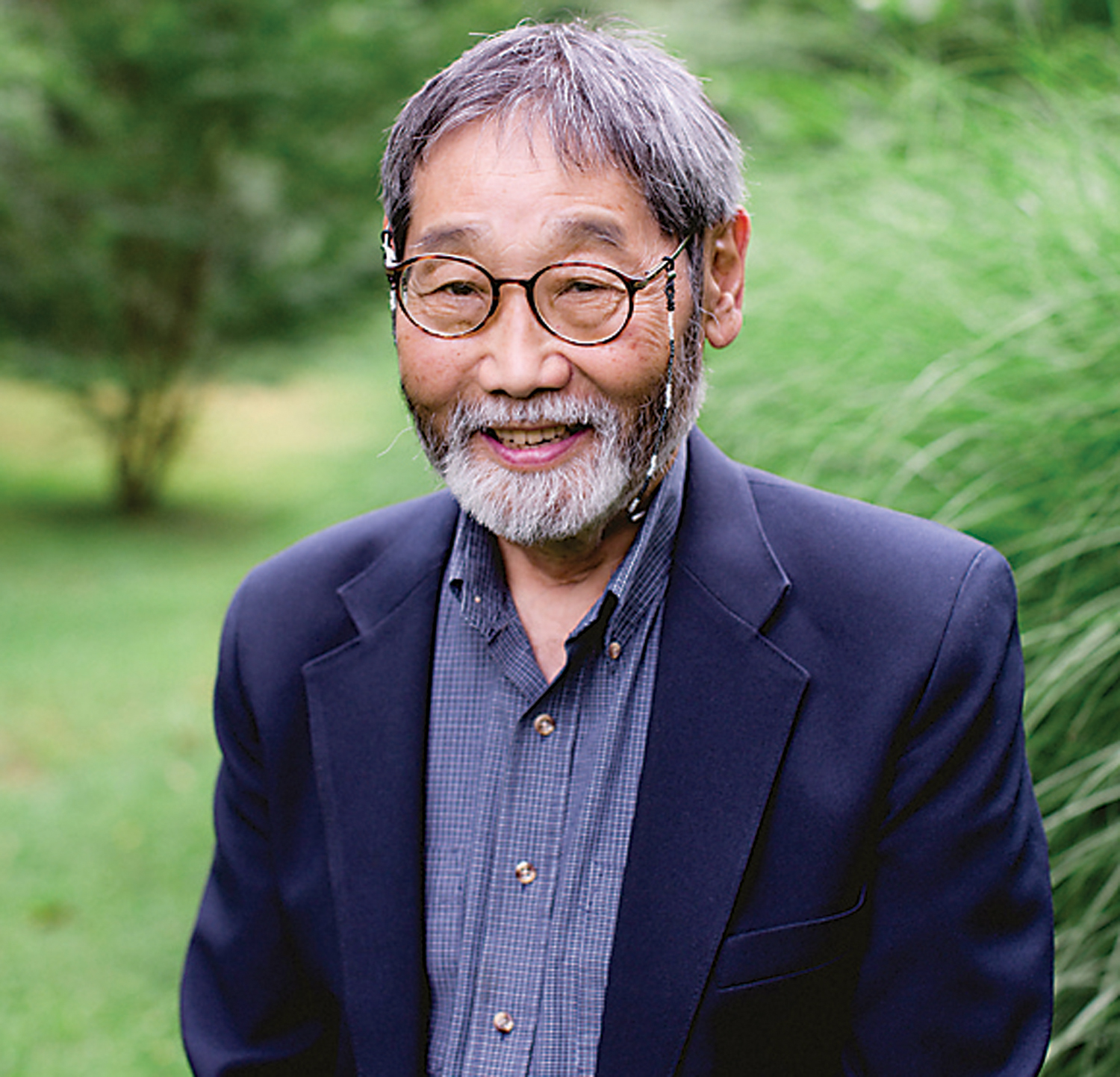Arts & Culture
Q&A with Gene Oishi
We talk to the author of Fox Drum Bebop.

-Courtesy of Priya Patel
For most Americans, the phrase "concentration camp" conjures images of Germany, and many Americans seem reluctant to acknowledge the camps that imprisoned Japanese Americans at home. But the term hits home for Gene Oishi, a former Sun foreign correspondent, who grew up in a concentration camp in Arizona. A fictionalized account of that experience informs practically every page of his novel, Fox Drum Bebop, as Oishi considers its effect on various family members.
How has American awareness of the camps changed over time?
The term "concentration camp" was not invented by the Nazis. The English used concentration camps during the Boer War, and the Spanish had concentration zones in Cuba as did the Americans in the Philippines to suppress native insurrection. President Franklin Roosevelt wrote a memo before World War II, suggesting that those of Japanese ancestry living in the U.S. might have to be placed in "concentration camps" in the event of a war with Japan.
When World War II started, people of Japanese ancestry living on the West Coast were "evacuated" and placed first in "assembly centers" and later in "relocation centers." Although some white critics did not refrain from calling them concentration camps, Japanese Americans generally did not, feeling safer to stick to government nomenclature. Later, some of us began referring to them as "internment" and even "prison" camps, but neither was quite right because both terms imply a degree of guilt or reasonable grounds for confinement.
"Concentration camp" is now being used more frequently because it best fits what they actually were: camps to concentrate and isolate those whose race and ethnicity make them suspect and possibly dangerous in the eyes of controlling authorities. Of the 112,000 persons arrested and put in camps, 71,000, nearly two-thirds, were American citizens. The switch in terminology is the result of a clearer understanding of our history.
You were a child at the time your family was imprisoned. How did it affect your perception of your parents?
My wartime experience did not simply affect how I felt about my parents, but also how I felt about myself and, more generally, being Japanese. Wartime propaganda depicted Japanese as an evil race. We were vicious, brutal, subhuman creatures. Some cartoons pictured us as vermin that needed to be exterminated. As a child, I did not believe that, but I also wanted to be an American. How is it possible to be both an American and a Japanese? My memoir
In Search of Hiroshi and my novel Fox Drum Bebop were motivated by the struggle to find a way out of this quandary.
You've written non-fiction and fictional accounts of your experiences. Ultimately, which approach proved more satisfying? Why?
The memoir was the necessary first step to writing the novel. The memoir started out as a novel, but I could not finish it because delving so deeply into my own feelings and those of others was too traumatic. So I wrote a memoir using events that were still clear in my memory, supported by research into journalistic and historical accounts. It was only after years of writing, reading, and interviewing fellow Japanese Americans that I gained the clarity and strength to write a novel. I don't see one as more satisfying than the other. They were both part of the same process of understanding myself and the world I live in.
How has your concept of national identity changed over time?
I don't know that my concept of national identity has changed much. We are who we are. Whether we are wise or foolish, good or bad, has little to do with our national identity, and there is much that is of value in every culture.
Considering your experiences, is there a contemporary American minority group that you empathize with? If so, why?
The groups I worry about nowadays are not the minorities, but the majority of people of all races who are being cynically manipulated and pitted against each other. The differences between us are made to appear racial and cultural in ways that obscure the values we hold in common.
What was your impression of Baltimore when you first arrived? How has it changed over the years?
My wife and I came to Baltimore in 1965, expecting to find a grimy working-class city filled with factories and smokestacks spewing industrial waste. And that's exactly what it was. At the time, however, we did not know that all of that would go away and that we would be sorry, for economic reasons, to see it go. But there was another aspect of Baltimore that surprised and pleased us from the beginning—the many ethnic neighborhoods, each with its own unique character, and most of them have remained intact.
We moved into Mt. Washington, which at the time was being populated by young Jewish couples. Jews at the time were still excluded from the better residential areas of Baltimore, so Mt. Washington with its Victorian houses, towering shade trees, and affordable prices was ideal for young Jewish academics and professionals. I, a Japanese American, my wife, a Swiss with a Jewish mother, felt right at home in the neighborhood. Our children played and went to school with the children in the neighborhood and the friends we made then remain our closest friends today. We still live in Mt. Washington, and after a half-century I don't think I want to live anywhere else. Does that make me a Baltimoran?